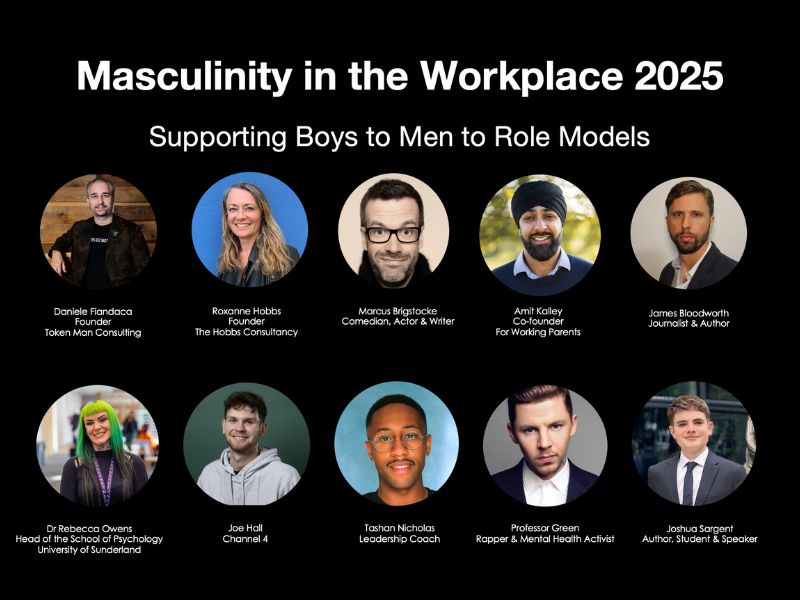It’s a question that keeps coming up in conversation. Why do female-led businesses still receive such a small slice of the funding pie? Despite a wave of entrepreneurial talent and proven success stories, women continue to face barriers when seeking investment and not just subtle ones either. The numbers are still low.
Startups led by women receive less than five percent of venture capital funding. In the UK, that figure sits even lower. In 2023, only two percent of total equity funding went to all-female founding teams.
That’s despite female-led companies frequently outperforming their male-led counterparts in terms of return on investment. So if the data is there, what’s going wrong?
The answer lies in a tangled mix of bias, limited access to networks and a funding landscape that still favours familiarity over fresh thinking.
Funding feels like a closed club
Many female founders talk about the same thing. Feeling like outsiders in rooms full of people who all know each other. Investment often flows through networks, introductions and informal circles that remain male dominated. When women aren’t part of those inner circles, their ideas are less likely to be heard and backed.
There’s also the issue of how women are questioned in pitch meetings. Studies show that male founders are more likely to be asked about potential for gains, while women are more often quizzed about risk and loss. This subtle shift in tone can change the entire outcome of a funding discussion.
Representation matters
Investors tend to back what they know. That often means people who look like them or share similar backgrounds. With the majority of venture capital partners still being men, it’s no surprise that women find it harder to secure funding. It’s not always about deliberate exclusion, but unconscious bias plays a powerful role.
When women do get the chance to pitch to female investors, they often feel more understood. The product, the market and the vision are assessed with a different lens. The problem is there just aren’t enough women holding the purse strings.
The need for new models of investment
Change is slowly happening. More women are becoming angel investors, more funds are being created to specifically support female founders. Initiatives like the Rose Review have helped shine a spotlight on the barriers and encouraged more banks and funds to back women in business.
The needle still isn’t moving fast enough. The current model of investment doesn’t work for everyone. It’s time to reimagine what support looks like. That might mean more patient capital. It might mean alternative funding models that consider different definitions of success. It definitely means creating space for women from all backgrounds, not just those already close to power.
What needs to happen now
First, investors need to check their own systems. Are the decision makers diverse? Are pitch meetings structured in a way that reduces bias? Are investors truly listening to the value women bring or are they waiting to be convinced?
Second, media and networks have a role to play. The more we spotlight successful female founders, the more we normalise women leading high-growth businesses. Visibility matters. It builds confidence and opens doors.
Third, there needs to be a shift in how we define innovation. Too often, female-led businesses are considered niche. Ideas in beauty, parenting, education or care are sometimes dismissed as lifestyle ventures rather than serious opportunities. But those sectors drive billions. They are deeply embedded in our lives. Backing women in these areas isn’t a favour. It’s smart investing.
Closing the gap
This isn’t just about fairness. It’s about missed potential. The economy loses out when half the population doesn’t get the support they deserve. Female founders are not short of ideas, ambition or resilience. What they need is access. They need people who will take a chance and believe in something different.
Funding should be about talent and potential, not gender or networks. It’s time to open the doors properly. Not just a crack, not just a gesture but a full shift in mindset. The future of innovation will be female founded, whether investors are ready or not.











